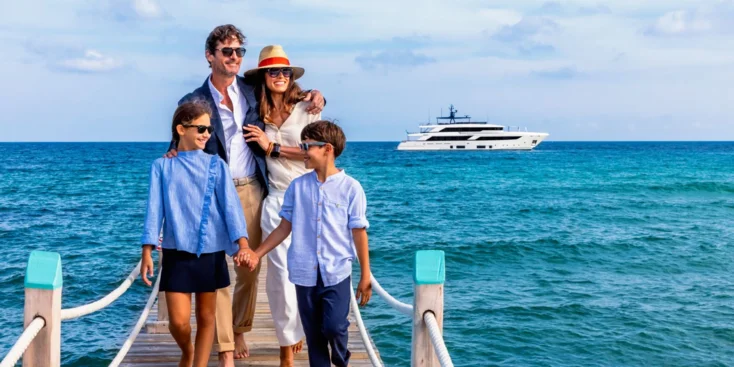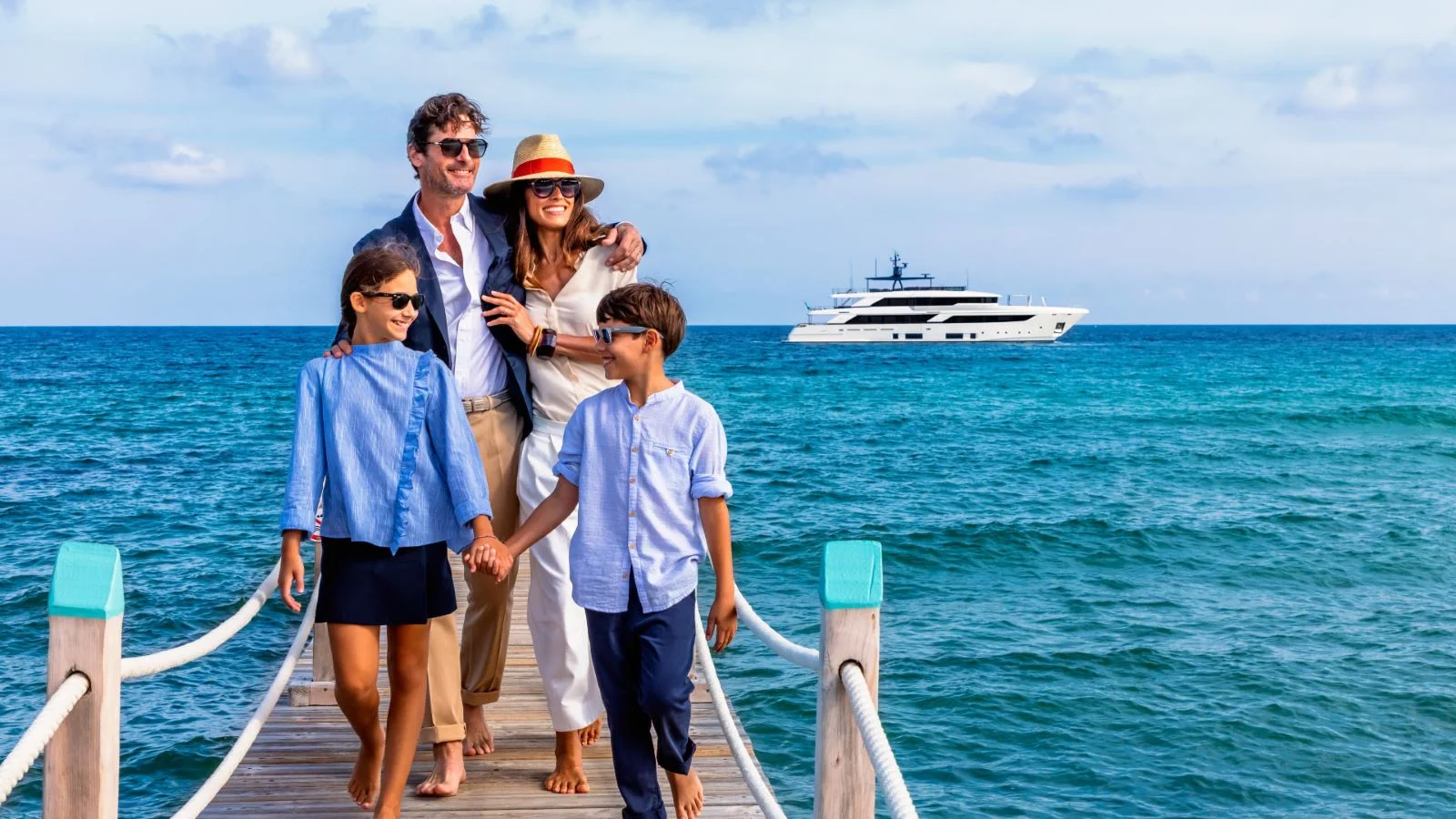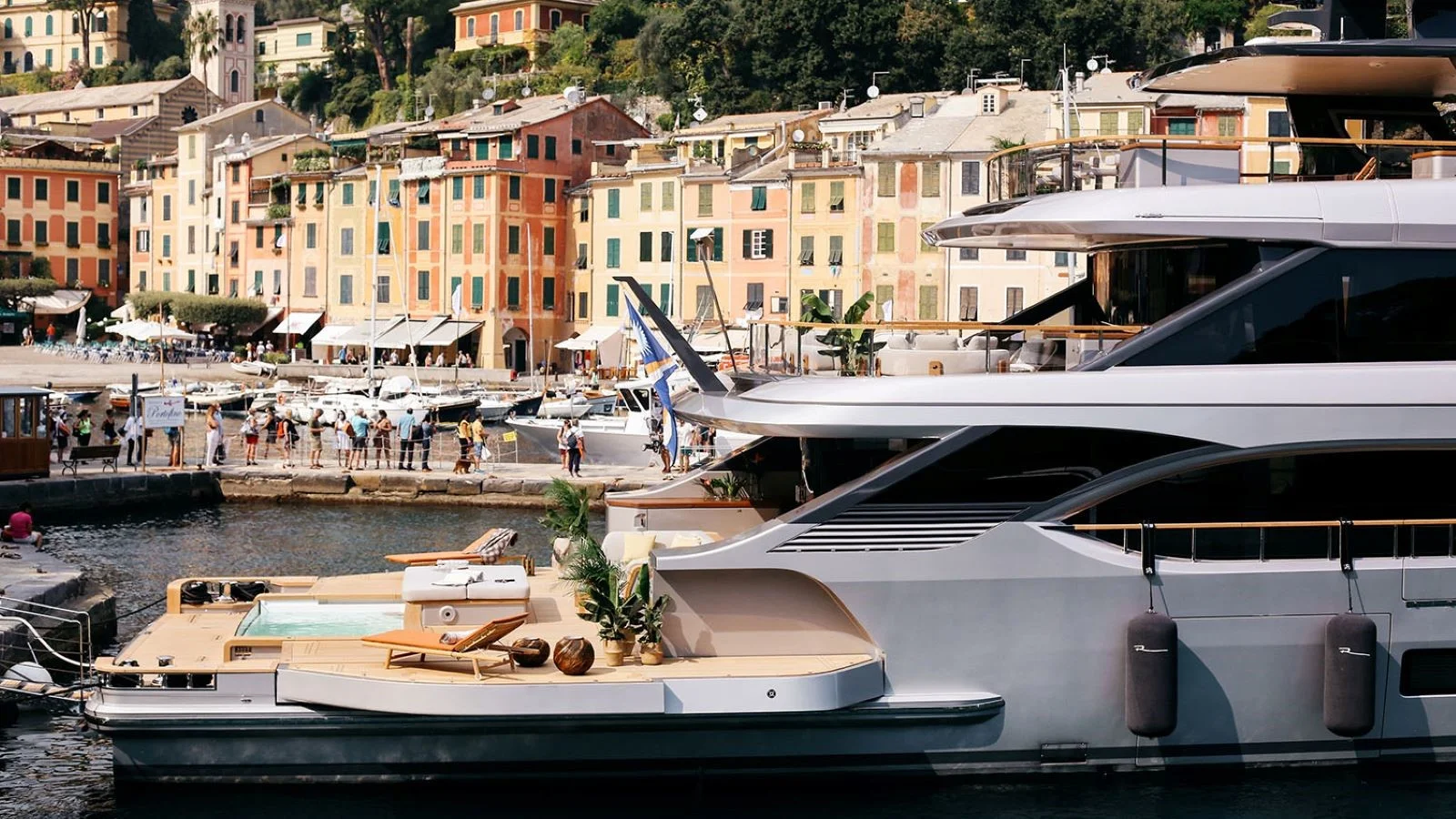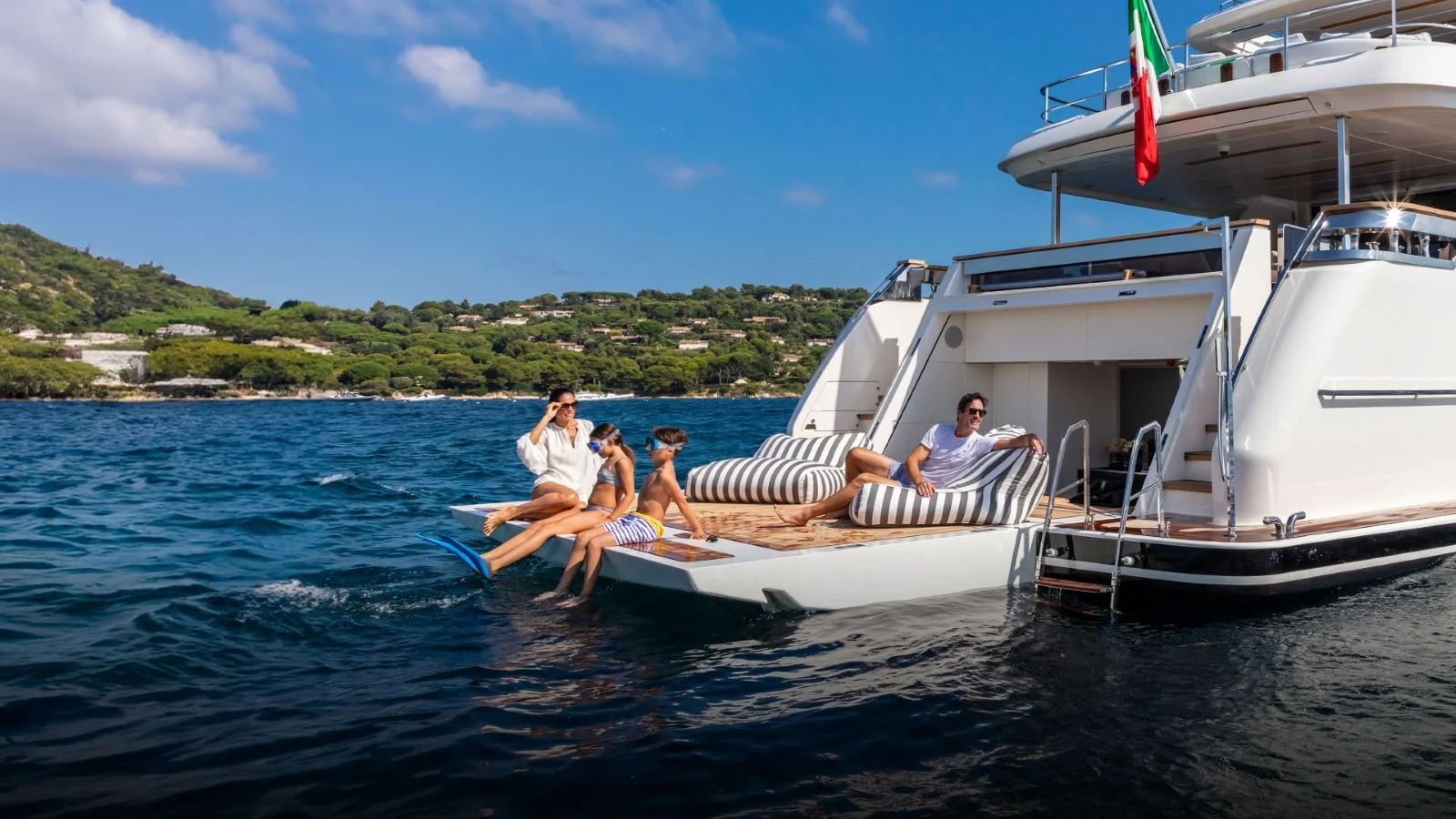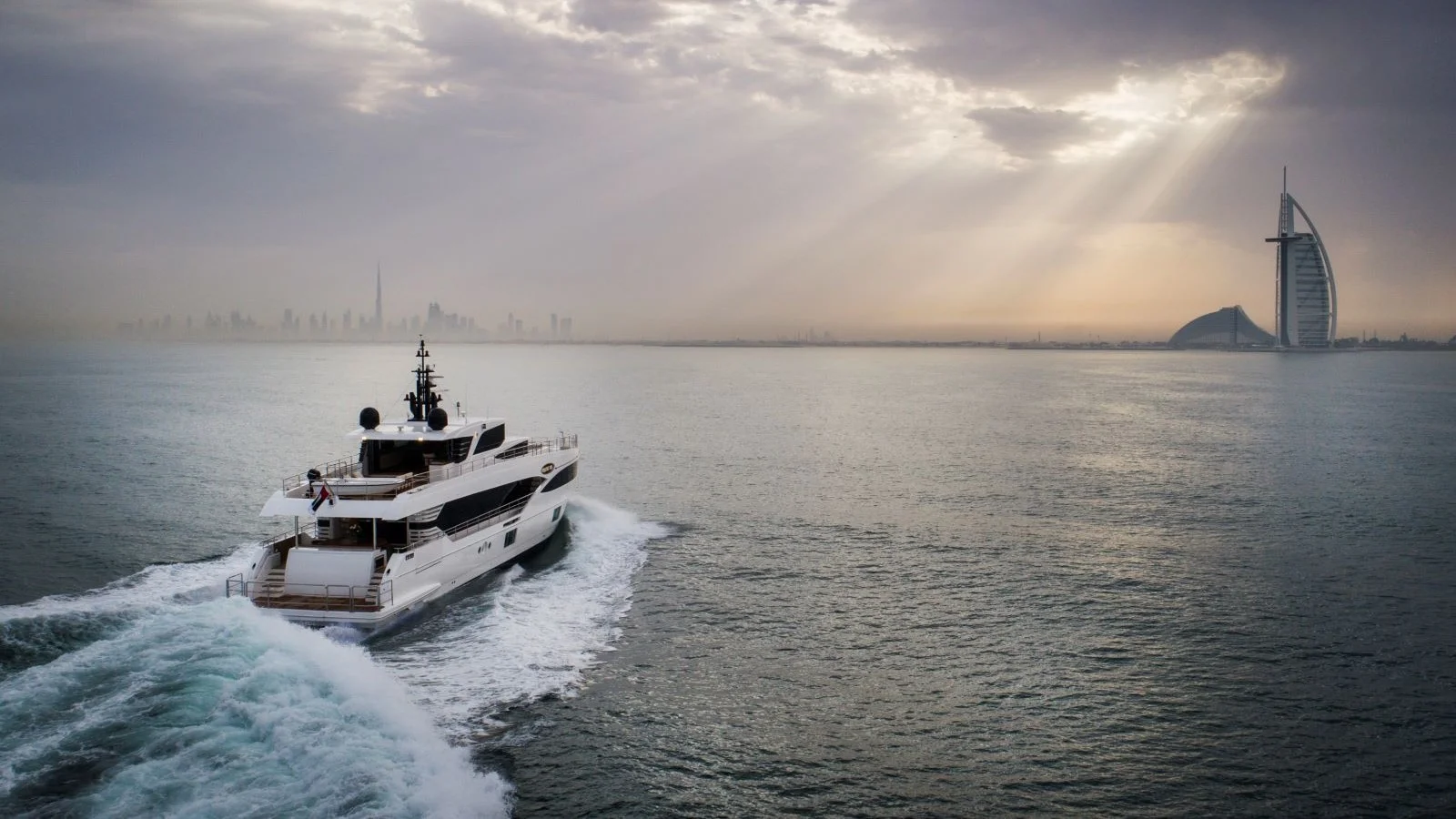Superyacht charter: what are the costs made up of?
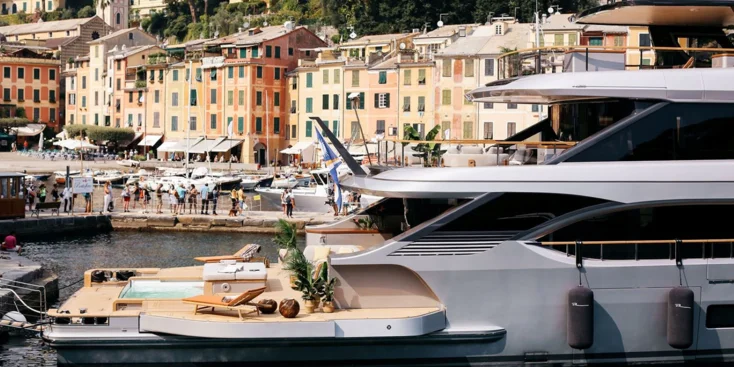
If you are new to superyacht charter, that is renting a superyacht (and that is what they call a yacht over 30 metres), it is important for you to understand that the charter fee that you see (per week or per day) is actually not the final amount you’ll have to pay. In addition to the basic fee, which includes crew work and services, there are things that cost some extra money
Advanced Provisioning Allowance (APA)
The expenses that come on top of the basic fee are almost always food and drinks on board, fuel, satellite connection and the Internet, dockage and other expenses that occur outside the home base. All of them are covered from an extra payment called the APA (Advanced Provisioning Allowance), which is paid before the charter. At the end of the charter a calculation is made, and the customer can either get the unused funds back or has to make up for the shortfall.
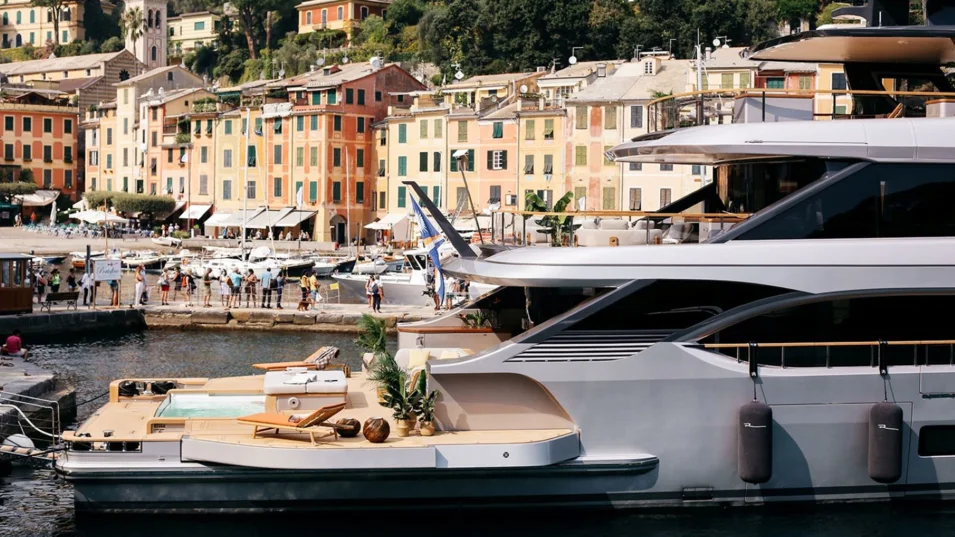
The approximate amount of the APA is 20-25% of the charter fee for a sailing yacht, and up to 35% for a motor boat, as the latter consumes much more fuel. The percentage may vary and depends on a lot of factors. It will be higher for a one-two day charter than a week long. It can also rise because of customers’ special requests like some special food or drinks.
Taxes
This is another payment that is not part of either the base charter fee or the APA. The tax depends only on where you are heading on your charter yacht, as the rate differs for different countries and may vary from 0 to 20+% of the yacht charter. This is exactly why in most cases a superyacht charter is possible only through an experienced broker, who is capable of figuring it all out, drawing up the right contract and even cutting the tax amount by offering the customer an optimal itinerary or a yacht that is registered under the right flag.
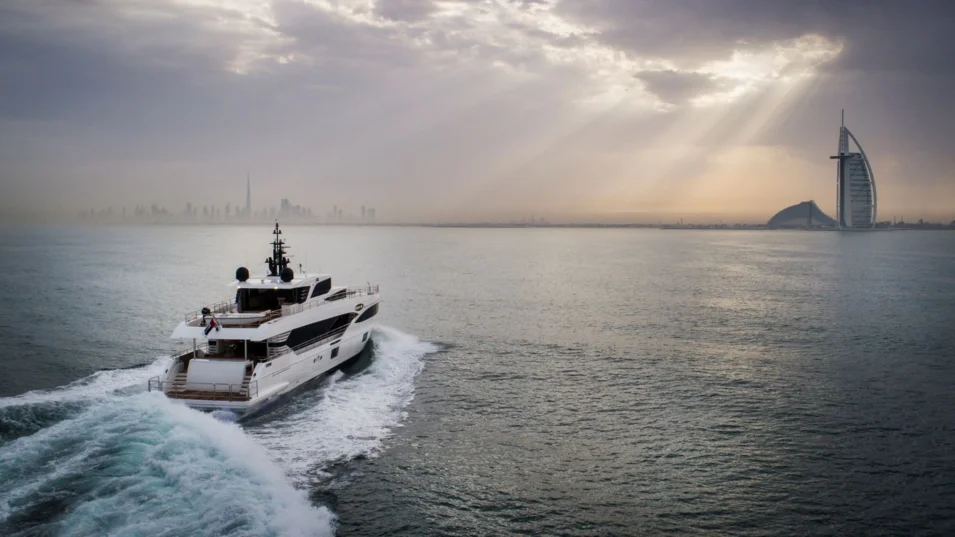
For example, there are some legal ways to decrease the tax in the countries where it is high (France, Italy, Spain, etc.). One can make a short passage in international waters or finish the charter in a neighbouring country or split the itinerary between different countries. It is only fair to say that there are quite a few areas, where commercial vessels are not subject to VAT even among such popular charter destinations as Turkey, Thailand, the Caribbian…
Crew gratuity
Another expense item is crew gratuity, and your broker is sure to mention it. This is common practice that everyone should better stick to, as reputation in the charter world matters not only for commercial vessels, but for the guests, too. Particularly if the crew have done their best and even more to make your time on board perfect. The amount is usually 10% of the charter fee. The sum is handed to the captain, who distributes the money himself, which is fair, as there are crew members that the guests can never see, while their contribution to the common cause is no less than that of the others.
